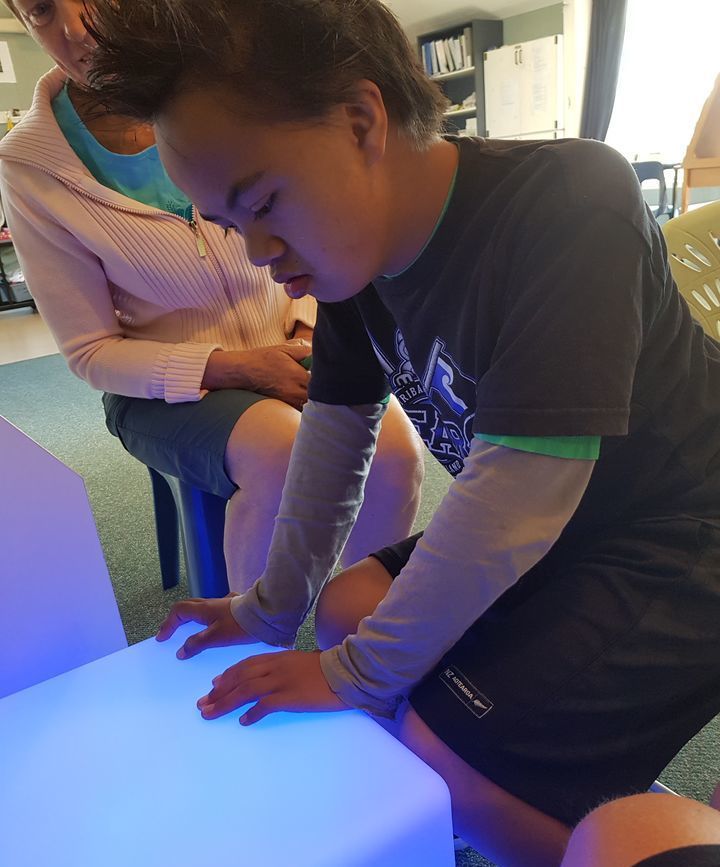Motivation to be involved in one’s daily activities depends largely on the senses (Kristen Meyer). Cognitive psychologists suggest that the main ingredient of the intellectual phenomenon is sensory stimulation that allows a human being to apprehend through its senses its environment and respond towards it.
Multi Sensory Environments improve the development of thought, intellegence and social skills. Multi Sensory Environments offer people with cognitive impairments and other challenging conditions the opportunity to enjoy and control a variety of sensory experiences.
These people rarely, if ever, experience the world as the majority of us do. Limitations of movement, vision, hearing, cognitive ability, constrained space, behavioral difficulties, perception issues, pain, and other problems create obstacles to their enjoyment of life. Multi Sensory Environments provide opportunities for bridging these barriers.
Multi Sensory Environments generates a relaxing and calming effect, but also activates different perception areas aimed at basal stimulation for those who are neurologically impaired.
Time spent in a Multi Sensory Environment has been shown to increase concentration, focus attention, improve alertness, awaken memories, and to improve mobilization, creativity, social relations and communications, and general awareness of the surrounding world. The varied optical, acoustic, olfactory and tactile stimuli help hyperactive individuals concentrate and focus better. Multi Sensory Environments have not only provided alternative and powerful forms of sensory stimulation for individuals previously isolated in their perceptual disabilities; they have also managed to break into cultures within health and education, providing new ways of encouraging learning, motor development, cognitive development, language and social interaction skills.
Multi Sensory Environments can open up a whole new world for individuals with cognitive and physical impairments. Providing a stimulating environment can:
- Increase concentration and focus attention
- Develop or reactivate senses of hearing, sight, smell, touch, and taste
- Heighten awareness and improve alertness
- Improve coordination and motor development
- Promote cognitive development by increased brain function
- Lead participants to explore their environment
- Provide security
- Be an unrestrained atmosphere where participants feel able to enjoy themselves.
- Improve creativity
- Stimulate the sensory building blocks
- Develop of a sense of cause and effect
- Develop language – more vocalization
- Promote social interactions
- Promote mental and physical relaxation – Stress levels drop dramatically
- Result in more calmness and lower aggressive behaviors
- Increase opportunity for choice and self-determination
- Improve communication and sharing
- Lead to non-responsive patients becoming communicatative
- Provide relief from pain and painful physiotherapy
Last but not least, participants are happier and have fun.

